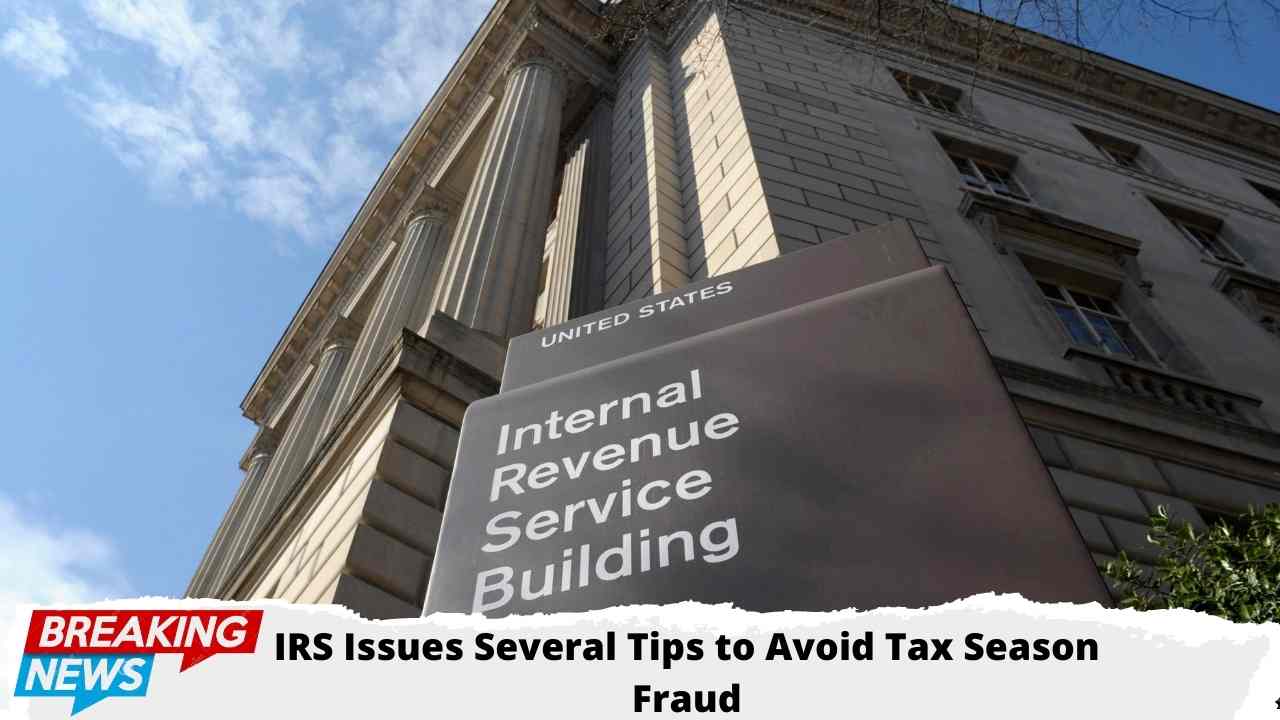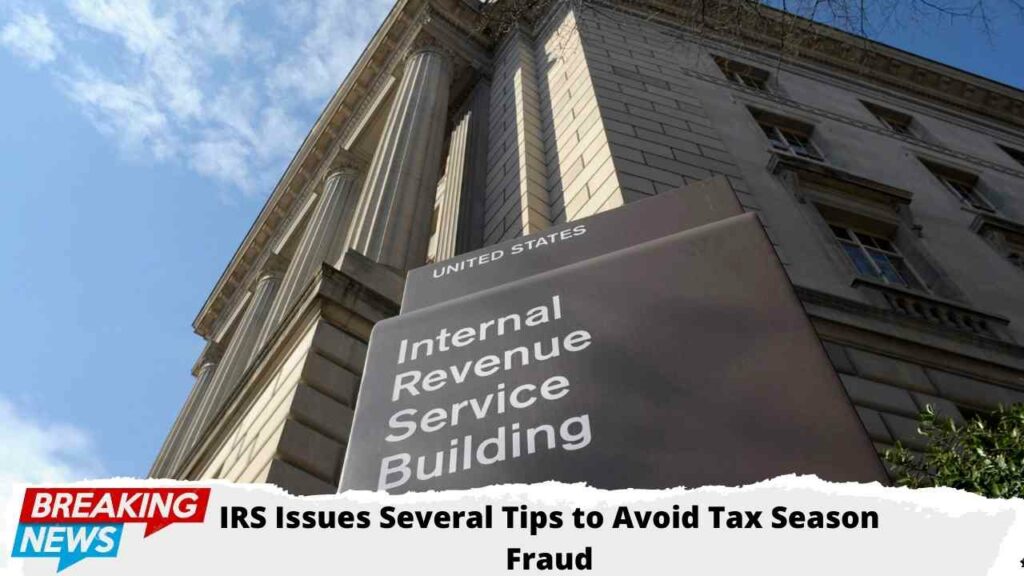The Internal Revenue Service or IRS is the revenue service for the United States federal government. The IRS is responsible for collecting taxes from the citizens and administering the Internal Revenue Code– the primary body of the federal statutory tax law. The organization has reported starting this year’s tax season.
This year, it is taking place on January 24, 2022, earlier than last tax season than the February 12, 2021 opening, which comprehends that the IRS is now accepting and processing 2021 tax returns. More than 160 million individual tax returns for the 2021 tax year are anticipated to be filed, mainly the tax deadline on April 18, 2022.
COLA Social Security payment 2022: Who’ll get $1,657 checks by the end of January?
The IRS has taken the initiative to make its users/American Citizens aware of being extra careful to protect themselves and their funds/taxes/wallets/ reports from the notorious frauds and scams that usually happen during this season. IRS Commissioner Chuck Rettig also declared that taxpayers must take special care this year due to significant tax law changes in 2021 and the ongoing pandemic crisis. The fraud primarily consists of ‘phishing’ scams or fraudulent tax preparers. The IRS Criminal Investigation (IRS-CI) has made sure to let the taxpayers know of any tax-related fraud that might happen to them.

The revenue collecting organization has also issued some tips for taxpayers to brace themselves from any financial mishap and have a smooth process without any hindrances. A few of the recommendations include:
- To choose a tax preparer carefully. The taxpayers should Look for a preparer who is presented year-round.
- To enquire one’s tax preparer for their IRS Preparer Tax Identification Number or PTNI. All paid preparers must have one, as reported.
- The IRS will not call any taxpayer any form of threatening legal action. If you receive a call threatening, end the call and report.
- Do Not use a ghost preparer! They won’t sign a tax return that they prepare for the individual.
- Do Not fall prey to tax preparers’ promises of immense refunds. The Taxpayers must pay their share of taxes.
- Do Not sign a blank tax return. Taxpayers will ultimately be held responsible for what appears on tax returns that they will file to the IRS.
- Taxpayers must be sure to receive their refund when eligible for a refund. The refund will be deposited into the taxpayer’s bank account and not the tax preparer.
- Do not respond to messages, emails, or social media posts that state the IRS. Such formats might contain malware that could compromise your personal information leading to grave problems.
- Do Not click on unauthorized links or open attachments in automatic emails or messages regarding your tax return. These messages are fraudulent and mostly spam.
- Make sure to protect your personal and financial information from such evident frauds/scammers. A taxpayer must never provide this information in reply to the unwanted and spontaneous text messages, emails, or social media posts that state the IRS.
- Taxpayers should file a return and use an e-file and direct deposit to stay away from delays. The Taxpayers should use an electronic medium to file their returns and choose direct deposit the moment they have everything they need to file an accurate return.
- For an accurate return, the taxpayer must collect all documents before preparing a tax return and make sure stimulus payment and advance Child Tax Credit information are correct. Along with collecting W-2s, Form 1099s, and other income-related documents, citizens must have their advance Child Tax Credit and Economic Impact Payment information ready.
$375 Stimulus Check To Be Sent To Selected Americans In Less Than 2 Weeks
- Taxpayers who have received the advance CTC payments can also check the amount they will receive while checking their online account on IRS.gov.
- All Eligible taxpayers who have received advance Child Tax Credit payments can and should file a 2021 tax return to receive the second half of their credit. Other taxpayers who did not receive advance Child Tax Credit payments can avail of the total credit by filing a tax return.
The IRS has provided some extra tips as follows:
- Individuals can follow the official social media accounts and email subscription lists of IRS to stay updated on the latest tax topics and alerts.
- Taxpayers can also download the IRS2Go mobile app, watch IRS YouTube videos, or follow the IRS on Twitter, Facebook, LinkedIn, and Instagram for the latest updates on tax changes, scam alerts, gambits, products and services.
The users and taxpayers alike can go to the official websites of the IRS and make sure to say safe from any unprecedented harm this tax season!



